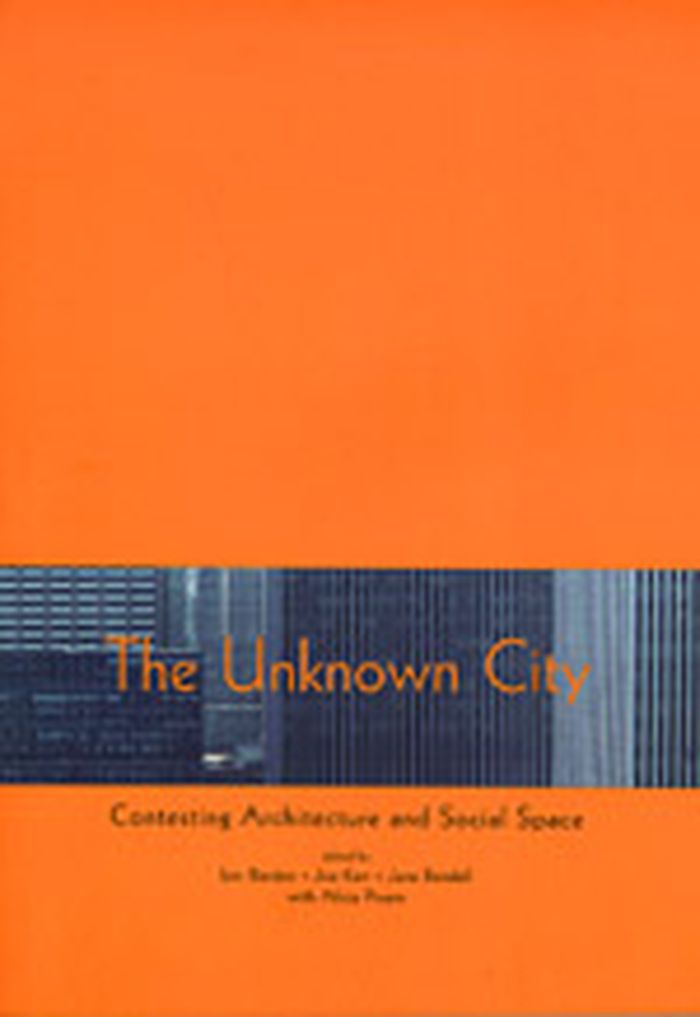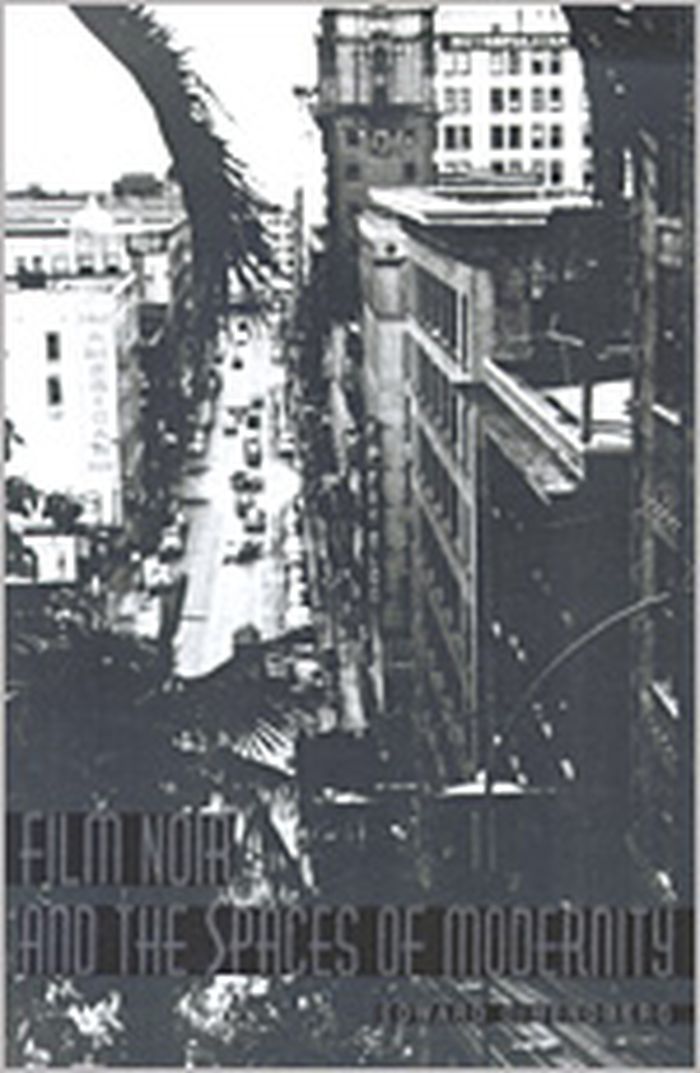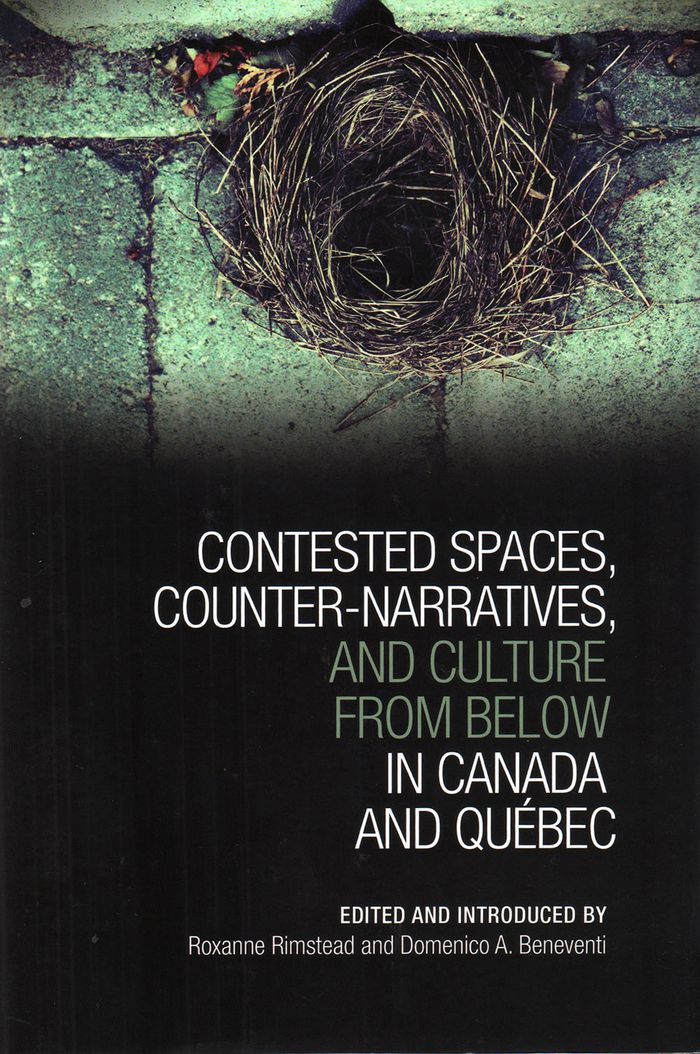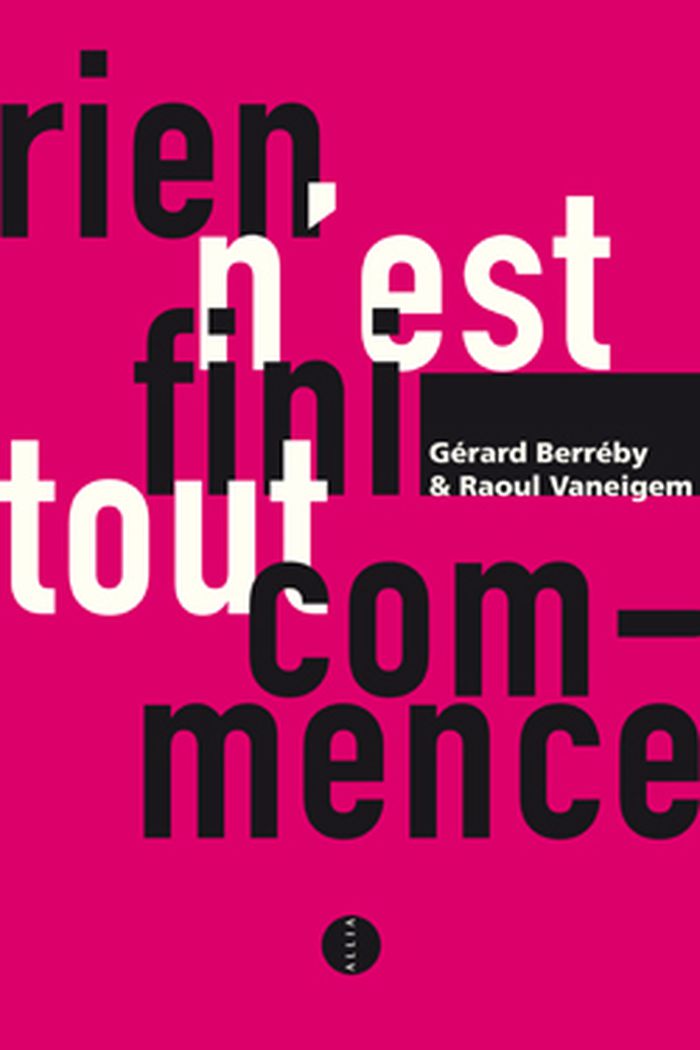$42.00
(disponible sur commande)
Résumé:
"The Unknown City" takes its place in the emerging architectural literature that looks beyond design process and buildings to discover new ways of looking at the urban experience. A multistranded contemplation of the notion of "knowing a place," it is about both the existence and the possibilities of architecture and the city. An important inspiration for the book is(...)
Théorie de l’urbanisme
octobre 2002, Cambridge, Massachusetts
The unknown city : contesting architecture and social space
Actions:
Prix:
$42.00
(disponible sur commande)
Résumé:
"The Unknown City" takes its place in the emerging architectural literature that looks beyond design process and buildings to discover new ways of looking at the urban experience. A multistranded contemplation of the notion of "knowing a place," it is about both the existence and the possibilities of architecture and the city. An important inspiration for the book is the work of Henri Lefebvre, in particular his ideas on space as a historical production. Many of the essays also draw on the social critique and tactics of the Situationist movement. The international gathering of contributors includes art, architectural, and urban historians and theorists; urban geographers; architects, artists, and filmmakers; and literary and cultural theorists. The essays range from abstract considerations of spatial production and representation to such concrete examples of urban domination as video surveillance and Regency London as the site of male pleasure. Although many of the essays are driven by social, cultural, and urban theory, they also tell real stories about real places. Each piece is in some way a critique of capitalism and a thought experiment about how designers and city dwellers working together can shape the cities of tomorrow.
Théorie de l’urbanisme
livres
$74.95
(disponible sur commande)
Résumé:
The Unknown City takes its place in the emerging architectural literature that looks beyond design process and buildings to discover new ways of looking at the urban experience. A multistranded contemplation of the notion of "knowing a place," it is about both the existence and the possibilities of architecture and the city. An important inspiration for the book is the(...)
Théorie de l’urbanisme
juin 2000, Cambridge, Mass.
The unknown city : contesting architecture and social space
Actions:
Prix:
$74.95
(disponible sur commande)
Résumé:
The Unknown City takes its place in the emerging architectural literature that looks beyond design process and buildings to discover new ways of looking at the urban experience. A multistranded contemplation of the notion of "knowing a place," it is about both the existence and the possibilities of architecture and the city. An important inspiration for the book is the work of Henri Lefebvre, in particular his ideas on space as a historical production. Many of the essays also draw on the social critique and tactics of the Situationist movement. The international gathering of contributors includes art, architectural, and urban historians and theorists; urban geographers; architects, artists, and filmmakers; and literary and cultural theorists. The essays range from abstract considerations of spatial production and representation to such concrete examples of urban domination as video surveillance and Regency London as the site of male pleasure. Although many of the essays are driven by social, cultural, and urban theory, they also tell real stories about real places. Each piece is in some way a critique of capitalism and a thought experiment about how designers and city dwellers working together can shape the cities of tomorrow.
livres
juin 2000, Cambridge, Mass.
Théorie de l’urbanisme
$56.95
(disponible sur commande)
Résumé:
Film noir remains one of the most enduring legacies of 1940's and 1950's Hollywood. Populated by double-crossing, unsavory characters, this pioneering film style explored a shadow side of American life during a period of tremendous prosperity and optimism. Edward Dimendberg compellingly demonstrates how film noir is preoccupied with modernity, particularly the urban(...)
avril 2004, Cambridge, Mass.
Film noir and the spaces of modernity
Actions:
Prix:
$56.95
(disponible sur commande)
Résumé:
Film noir remains one of the most enduring legacies of 1940's and 1950's Hollywood. Populated by double-crossing, unsavory characters, this pioneering film style explored a shadow side of American life during a period of tremendous prosperity and optimism. Edward Dimendberg compellingly demonstrates how film noir is preoccupied with modernity, particularly the urban landscape. The originality of Dimendberg's approach lies in his examining these films in tandem with historical developments in architecture, city planning, and modern communications systems. He confirms that noir is not simply a reflection of modernity but a virtual continuation of the spaces of the metropolis. He convincingly shows that Hollywood's dark thrillers of the postwar decades were determined by the same forces that shaped the city itself. Exploring classic examples of film noir such as "The Asphalt Jungle", "Double Indemnity", "Kiss Me Deadly", and "The Naked City" alongside many lesser-known works, Dimendberg masterfully interweaves film history and urban history while perceptively analyzing works by Raymond Chandler, Edward Hopper, Siegfried Kracauer, and Henri Lefebvre. A bold intervention in cultural studies and a major contribution to film history, Film Noir and the Spaces of Modernity will provoke debate by cinema scholars, urban historians, and students of modern culture - and will captivate admirers of a vital period in American cinema.
$95.00
(disponible en magasin)
Résumé:
“Contested Spaces, Counter-narratives, and Culture from Below in Canada and Québec” explores strategies for reading space and conflict in Canadian and Québécois literature and cultural performances, positing questions such as: how do these texts and performances produce and contest spatial practices? What are the roles of the nation, city, community, and individual(...)
Architecture du Canada
février 2019
Contested spaces, counter-narratives, and culture from below in Canada and Quebec
Actions:
Prix:
$95.00
(disponible en magasin)
Résumé:
“Contested Spaces, Counter-narratives, and Culture from Below in Canada and Québec” explores strategies for reading space and conflict in Canadian and Québécois literature and cultural performances, positing questions such as: how do these texts and performances produce and contest spatial practices? What are the roles of the nation, city, community, and individual subject in reproducing space, particularly in times of global hegemony and neocolonialism? And in what ways do marginalized individuals and communities represent, contest, or appropriate spaces through counter-narratives and expressions of culture from below? Focusing on discord rather than harmony and consensus, this collection disturbs the idealized space of Canadian multicultural pluralism to carry literary analysis and cultural studies into spaces often undetected and unforeseen – including flophouses and "slums," shantytowns and urban alleyways, underground spaces and peep shows, and inner-city urban parks as they are experienced by minorities and other marginalized groups. These essays are the products of sustained, high-level collaboration across French and English academic communities in Canada to facilitate theoretical exchange on the topic of space and contestation, uncover geographies of exclusion, and generate new spaces of hope in the spirit of pioneering works by Henri Lefebvre, Michel Foucault, Michel de Certeau, Doreen Massey, David Harvey, and other prominent theorists of space.
Architecture du Canada
$45.95
(disponible sur commande)
Résumé:
G.B. : "Il y a, d'un côté, un discours critique authentique et, de l'autre, l'idéologie, une récupération qui du meilleur fait le pire. Ma question est simple : en ce qui concerne l'insurrection de Mai 68, le ver était-il déjà dans le fruit ?" R.V. : Toute idéologie falsifie le réel. L'idéologie, pour moi, c'est la pensée séparée de la vie. Le spectacle n'est que la(...)
Rien n'est fini tout commence
Actions:
Prix:
$45.95
(disponible sur commande)
Résumé:
G.B. : "Il y a, d'un côté, un discours critique authentique et, de l'autre, l'idéologie, une récupération qui du meilleur fait le pire. Ma question est simple : en ce qui concerne l'insurrection de Mai 68, le ver était-il déjà dans le fruit ?" R.V. : Toute idéologie falsifie le réel. L'idéologie, pour moi, c'est la pensée séparée de la vie. Le spectacle n'est que la conséquence de cette pensée qui s’autonomise. J'insiste toujours sur la nécessité de partir de la base, de la vie quotidienne, de la radicalité qui est la racine de l'être. Avec ce dialogue au long cours entre Gérard Berréby et Raoul Vaneigem, l'on traverse à grandes enjambées plus d'un demi-siècle, de 1950 à aujourd'hui. Truffée d‘anecdotes, cette épopée retrace une période bouillonnante de l'Histoire. Raoul Vaneigem jette ici un regard parfois cruel, souvent drôle et exalté sur cet esprit de révolte insatiable qui les habitait, lui et ses acolytes. Renaissent les moments de fête qui enivrèrent les jeunes situationnistes, les conférences au cours desquelles s'échafaudaient les tactiques, se débattaient les questions théoriques ou encore se décidaient les exclusions. L'on croise la route de Guy Debord bien sûr, et de sa première épouse, Michèle Bernstein, mais aussi d'Attila Kotányi, de Mustapha-Khayati, de Henri Lefebvre ou encore de René Viénet. L'on pénètre les arcanes d'une pensée qui frappe aujourd'hui encore. Au fil de la discussion éclate la clairvoyance d'un groupe qui, précocement et à rebours de l'opinion, sut dénoncer les dérives des révolutions castristes et maoïstes, puis déceler les prémices et les évolutions logiques de Mai 68. Pour en finir avec le travail.
Théorie/ philosophie



